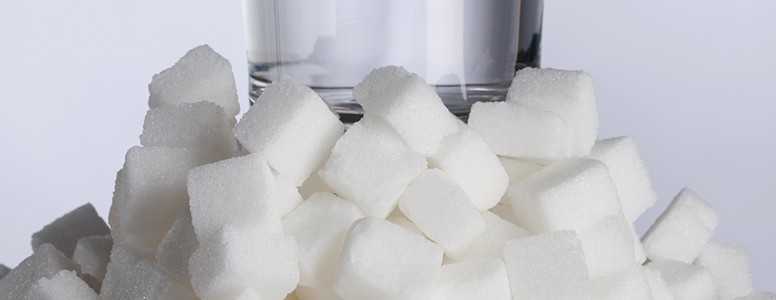People who consume high amounts of sugar-sweetened beverages are more likely to have a poor overall diet, according to study findings.
This research was presented at the 51st Annual Meeting of the European Association for the Study of Diabetes by scientists from Lund University, Sweden.
Vast sugar consumption is associated with type 2 diabetes: sugary drinks are linked to at least 8,000 cases of type 2 diabetes per year according to a University of Cambridge Report, and Louise Brunkwell, a PhD student Lund University, said: “[Sugar-sweetened beverages] are strongly associated with the overall diet.”
In the study, data was analysed from 25,112 adults without diabetes aged between 45 and 74. The participants had previously taken part in the Swedish Malmö Diet and Cancer Cohort between 1991 and 1996.
They completed a seven-day food diary, a 45-minute interview and a 168-item food frequency questionnaire. Beverage intake, macronutrients and 24 food groups were measured, with adjustments made for age, sex, BMI, smoking and other variables.
High consumption of sugar-sweetened beverages was significantly associated with lower intakes of food perceived as being healthy, according to the researchers. Big intake differences were observed for fruits, vegetables, yoghurt and fish: those who consumed the highest amount of sugar-sweetened beverages also consumed 15 per cent fewer fruits in their overall diet.
Meanwhile, there was greater intake of healthy foods among participants who consumed more tea and juice, while those who consumed more artificially-sweetened beverages were more likely to eat more low fat products, such as low fat milk and margarines.
While these findings are perhaps not surprising, Brunkwell reports they could be significant in helping to reduce the risk of disease.
“It is important to be aware of the overall diet when investigating beverage-disease associations to be able to interpret the results,” Brunkwell said. “When investigating future beverage or single-food association studies, it will be of great importance to have a deep knowledge about the overall food intake in the specific population.”
Several organisations, such as Action on Sugar, have recently called for a sugar tax to reduce the rising rates of obesity and type 2 diabetes.
What's new on the forum? ⭐️
Get our free newsletters
Stay up to date with the latest news, research and breakthroughs.






